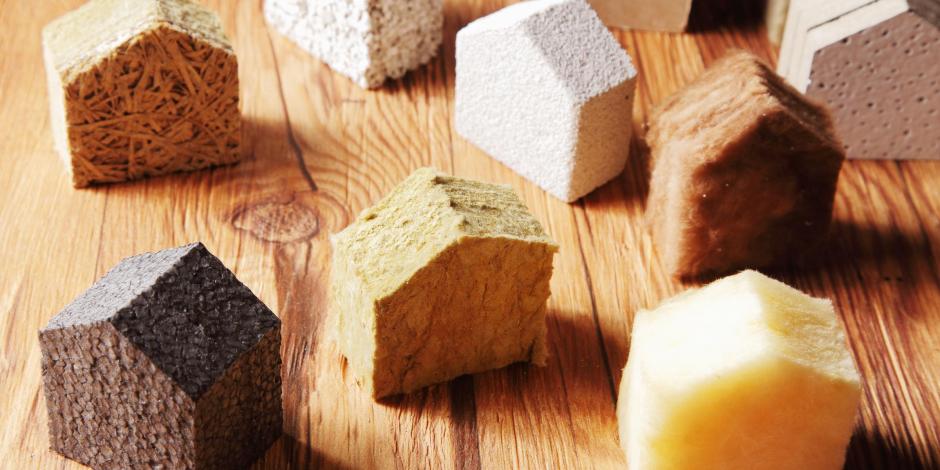
Temperature isn’t the only thing that can affect how comfortable you are in your Chicagoland home. Summers in particular are very humid in our area, and high humidity levels make it feel even hotter than the thermostat reading by preventing sweat from evaporating from our skin.
If you’re wondering why your house is so humid and wondering whether insulation can help keep your house cool AND lower humidity levels, you’re in luck: Today we’re going to take a closer look at this common question.
How Does Humidity Enter a Home?
Because of the high outdoor humidity levels, most indoor humidity in Frankfort, IL and the surrounding area is the result of humid air infiltrating your home. Air leaks in your house—small cracks and gaps in your home’s exterior—allow air to pass in and out of your house.
These leaks can be found anywhere, including your basement, attic, and exterior walls. Not only do they waste energy and raise your heating and cooling costs, but they can introduce humidity into your home. Air conditioners remove moisture, lowering humidity levels, but if your home has lots of air leaks, uncontrolled humid outdoor air can overwhelm an AC system.
How Humidity Affects Insulation
Can insulation help control indoor moisture and humidity? The answer is: it depends on the type of insulation you have!
Some insulation materials, like spray foam insulation, act as both an insulation material as well as an air barrier. Closed cell spray foam insulation even works as a moisture barrier, making it among the best insulation for high humidity.
Other insulation types, like fiberglass and cellulose, are more vulnerable to humidity and moisture. When these materials get wet, they can’t insulate and protect your home as well, even if they eventually dry out again. Wet fiberglass or cellulose insulation is damaged insulation that will need to be removed and replaced.
So does this mean that if you’re trying to control humidity in your home that cellulose insulation is a bad choice? No—it just means that you’ll need air sealing as well!
Air Sealing + Insulation = Humidity Control
Air sealing is the lesser-known partner of insulation, but that doesn’t make it less important. While insulation prevents the transfer of heat in and out of a home, air sealing controls air movement. Air sealing helps insulation work better, and can keep moisture, humidity, air pollutants, and drafts out of your home. If you’ve ever wondered, “Why is my 2nd floor so hot in the summer?”—it’s likely due to air leaks and poor attic insulation.
Some kinds of insulation, like spray foam, can be thought of as insulation and air sealing rolled into one. Others, like cellulose, are a great insulation choice but need to be paired with air sealing for maximum performance and humidity control.
Assured Insulation Offers Humidity and Insulation Solutions
Insulation and air sealing is a great place to start reducing the humidity inside your home, as you’ll have better control over air infiltration, allowing your air conditioner to better maintain comfortable indoor humidity levels.
If you’re suffering from a humid home and think air leaks could be to blame, schedule a home energy audit from Assured Insulation. Our audits will help you find ways to improve indoor comfort, lower heating and cooling costs, and prevent humid outdoor air from entering your house.
